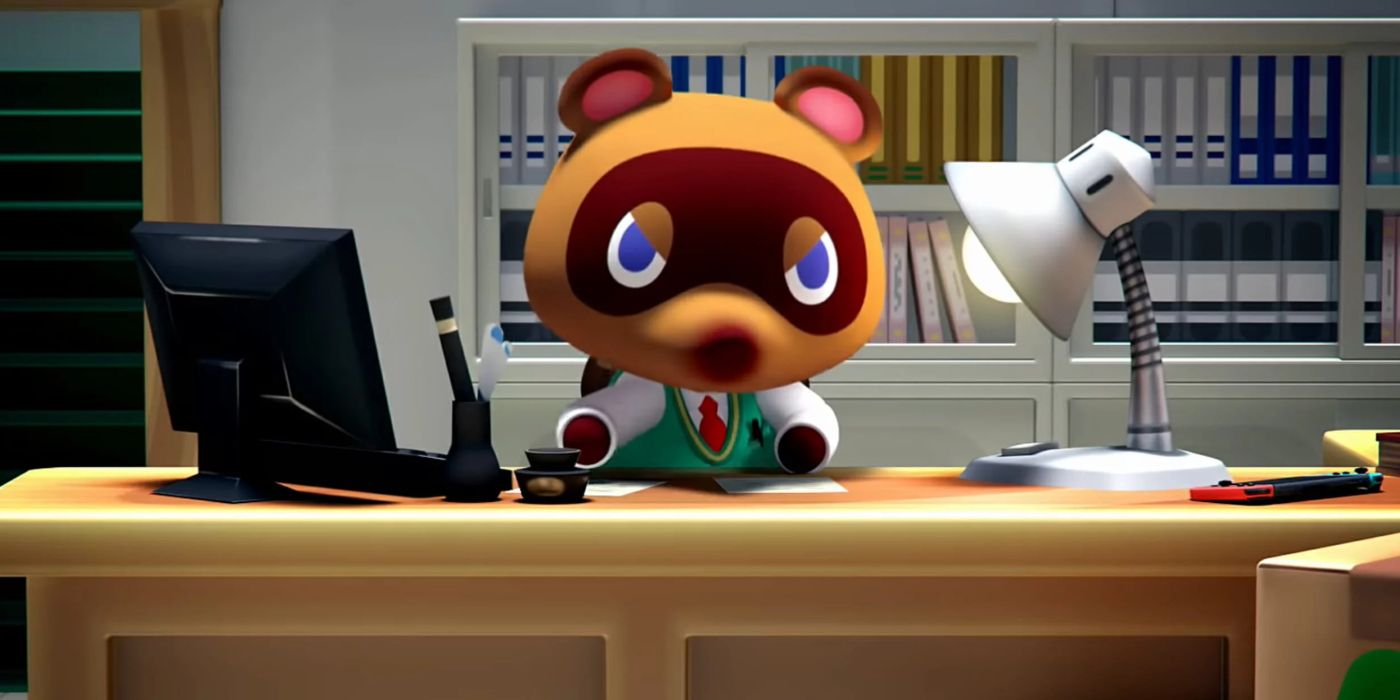Nintendo was the latest company to be hindered by Belgium's new laws against loot boxes in gaming. The country regulates its video game market more strictly than most countries, and as a result, it has forced several of the industry's biggest players to rescind their games from mobile app stores due to the presence of what Belgium considers gambling in the form of loot boxes and other predatory microtransaction processes.
For those unfamiliar with the current state of the industry, loot boxes have been slowly getting targeted by lawmakers in certain countries for practices that are considered illegal gambling, especially in conjunction with the large number of children who have access to the games that use the business model. A United States senator recently announced his intent to pass a bill that would essentially make microtransactions illegal within the country, and although that specific bill seems unlikely to be ratified, it's a strong indicator that even those on the fringes of gaming culture are ready to see the practice die.
Put plainly: it's time to end loot boxes once and for all. While the business model remains lucrative for the companies that have put them in place, it's also becoming more transparent that the practice is also exploitative. Governments don't seek to protect children from gambling when a company is engaged in good faith business practices. Consumers are more than ready for the change, too, with even a hint of loot boxes or microtransactions being present within a new release causing enough uproar to generate a controversy and negative perception of a developer's new title.
In that scenario, both the consumer and the developer are losing out. Previously, though, publishers never really caught the same kind of whiplash from loot boxes. Now, though, things are changing. Nintendo just lost out on an entire country's worth of players for two of the most popular mobile titles on the market in Animal Crossing and Fire Emblem. Not only that, but fans of those titles can no longer support them even if they wanted to. Here, all involved parties are being affected negatively by the presence of loot boxes: the developer and publisher lose revenue and players, while the consumers lose access to the game they were enjoying. Nobody wins.
That's largely been the sentiment regarding loot boxes anyways, even if it used to be subtext way back before Star Wars Battlefront 2 showed just how greedy the practice could really be. The microtransaction model generates revenue, and nobody is asking to remove that completely (although we'd love it if it vanished overnight). It's the most overtly predatory models — the ones that tantalize players with rare drops and limited-time random items that have abysmally low chances of being the prize — that are the current problem. It's time to do away with them. Where previously the argument could be made that publishers never really suffered from the negativity, as they'd just make their money anyways, Belgium's case represents a massive shift that should be embraced by other countries, too. With everyone suffering, maybe now consumers will finally see the end of one of the worst elements of modern gaming and loot boxes will meet their demise once and for all.


